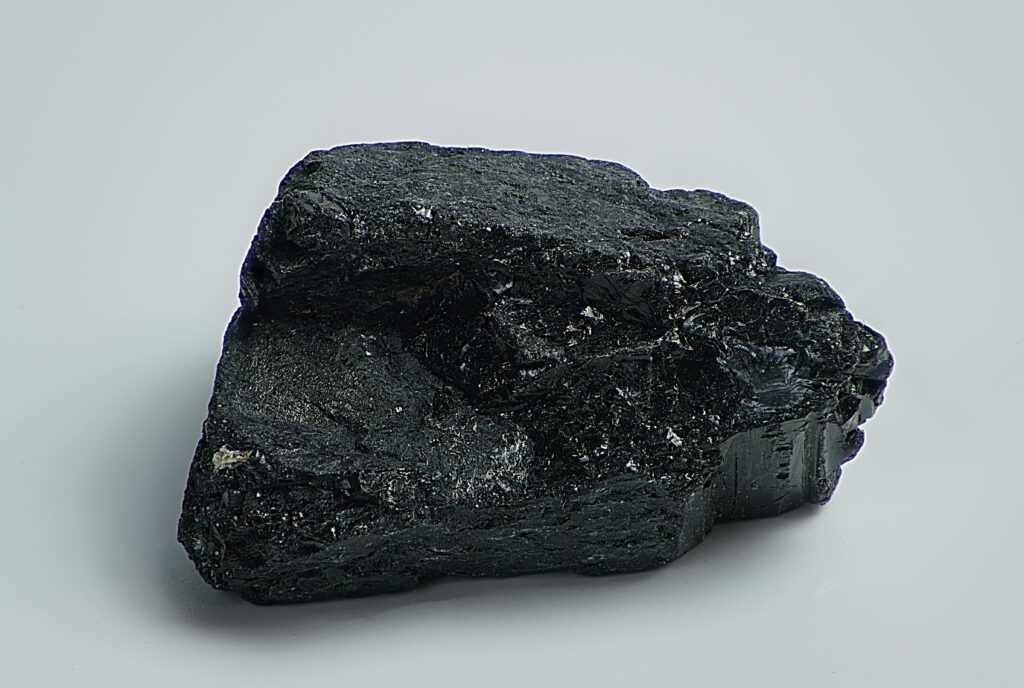Many things cause harm, but only because people believe they are harmful.
Some home remedies have a direct effect on the body. Others seem to work, but only because people believe in them. The healing power of belief can be more powerful than most would assume.
For example, I once saw a man who suffered from a terrible headache. To cure him, a woman gave him a small piece of sweet potato. She told him it was a strong painkiller. He believed her—and the pain went away quickly. It was his faith in her treatment and not the sweet potato that made him feel better.
Many home remedies work in this way. Usually, they help because people have faith in them. For this reason, they are used to cure illnesses that are partly in people’s minds or
those caused in part by a person’s beliefs, fears, or worries.
Included in this group of sicknesses are unreasonable or hysterical fear, bewitchment or hexing, uncertain aches and pains, anxiety or nervous worry, and some cases of asthma, indigestion, hiccups, migraine headaches, stomach ulcers, and even warts.
For all of these problems, the manner or touch of the healer can be very important. However, what it often comes down to is showing you care, helping the sick person believe he will get well, or simply helping him relax.
Beliefs That Can Make People Well
Sometimes a person’s belief in a remedy can help with problems that have physical causes. For example, there are home remedies used by some against snakebite. In one place, there are specific leaves believed to be effective. In another place, a special black-stone is popular.

Fortunately, in many cases of snakebite, the snake was not poisonous, or, if it was, then little — or no poison — was injected through the fangs, and the person would have been all right anyway. The person gets better, and the home remedy appears to work. However, the fact that some do die from snakebite is widely known and accepted, so it is usually better to go quickly to a center and get antivenin if it is needed before it is too late.
Many patent medicines (for example, drugs to improve potency) which have no real action appear to work, but only because the advertising has been good, and people believe in them. Medicines used in this way are called placebos, which means things to please. Quite often, cough medicines, tonics and pain relievers are placebos. They help to comfort and reassure, and the patient would not be happy without them, even though the problem might well have gotten better by itself.
Some people believe that prayer should replace all dependence on medicines, that the body that God has given us has powers of self-healing, especially when we live our lives as He intended. Many receive comfort and healing through the power of prayer, whether privately at home, in places of worship, or in houses of healing. And most become more relaxed, happy, and healthy because of this.
But we live in a world where accidents occur, and all kinds of hazards may affect the lives of anyone, no matter how good and God-fearing they may be. We should be thankful for effective medicines and life-saving operations. They are God’s gifts to us and can be the answer to our prayers.
Having a baby in a house of healing can be satisfactory if the operation goes accordingly, and the attendants have some experience of clean, safe methods. However, there can be dangers if none of the members know the signs of special risk that make it vital that a doctor or skilled midwife attend the birth, if possible, in a hospital.
Every expectant mother should, if possible, see a midwife during her pregnancy. They can be God’s answer to prayer.
Beliefs That Can Make People Sick
The power of belief can help heal people. But it can also harm them. If a person believes strongly enough that something will hurt them, their fear can make them. For example:
Once, I attended to a woman who had just had a miscarriage and was still bleeding. There was an orange tree near her house, so I suggested she drink a glass of orange juice. (Oranges have vitamin C, which helps strengthen blood vessels.) And she did—even though she was afraid it would harm her.

Her fear was so great that soon she became very ill. I examined her but could find nothing physically wrong. I tried to comfort her, telling her she was not in danger, but she was adamant that she would die. At last, I gave her an injection of distilled (completely pure) water. Distilled water has no medical effect, but since she had great faith in injections, she quickly got better
As stated earlier, the juice did not harm her. Instead, what did was her belief that it would make her sick. And what made her well was her faith in injections!
In this same way, many people believe false ideas about witchcraft, injections, diet, and many other things. Much needless suffering is the result.
Perhaps, in a way, I had helped this woman. But the more I thought about it, the more I realized I had also wronged her; I had led her to believe things that were not true.
I wanted to set this right. So, a few days later, when the woman was well, I went to her home and apologised for what I had done. I tried to help her understand that not the orange juice, but her fear had made her so sick. And that not the injection of water, but her freedom from fear had helped her get well.
By understanding the truth about the orange, the injection, and the tricks of her mind, perhaps this woman and her family will become freer from fear and be able to better care for their health in the future. After all, health is closely related to understanding and freedom from fear.

